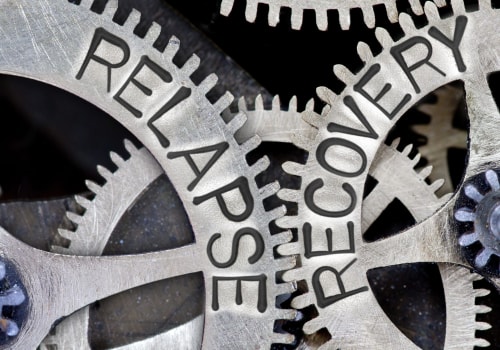For many people in recovery, this transition can be extremely difficult and it can be tempting to stop using it and use it again. If you're having difficulty adjusting to your new life of sobriety after rehabilitation, enrolling in a transitional life program is a great way to continue addiction treatment and maintain your sobriety. In the absence of a confirmed psychiatric diagnosis, it is not advisable for primary care physicians and other doctors involved in substance abuse treatment programs to prescribe medications for insomnia, anxiety, or depression (especially benzodiazepines with a high potential for abuse) to patients with alcohol or other drug disorders. They can also answer your questions about how to pay for rehabilitation, including using health insurance to pay for treatment.
Minnesota, for example, is known for its variety of public and private centers for people with alcoholism, which mostly follow the model of fixed-term inpatient rehabilitation programs initially established by the Hazelden Foundation and the Johnson Institute, which follow a strong orientation to Alcoholics Anonymous (AA) and offer aftercare services of varying intensity. When it's time to seek help for drug and alcohol addiction, there is effective treatment that can help you recover and live the life you deserve. For example, people with heroin, cocaine, or methamphetamine dependence disorders who inject these drugs will need many specialized education, identification, counseling, and health care services to treat HIV infection and AIDS that programs for people with alcohol dependence are unlikely to need. Conversely, a 30, 60, or 90-day stay at a residential treatment center isn't always sufficient for long-term recovery after rehabilitation.
This might be just the kind of feeling recovering addicts need to maintain sobriety after the rehabilitation program ends. At an accredited dual diagnostic treatment center, this planning for life after addiction usually begins the day treatment begins. So what happens after rehabilitation? Addiction treatment, by design, is highly structured and keeps idle hands busy. Your first goal for life after addiction is to find this support group, as it can dramatically affect your long-term sobriety and the way you enjoy life in recovery after rehabilitation.
For people in recovery, life after rehabilitation should be a period of continuous progress toward lasting sobriety.



